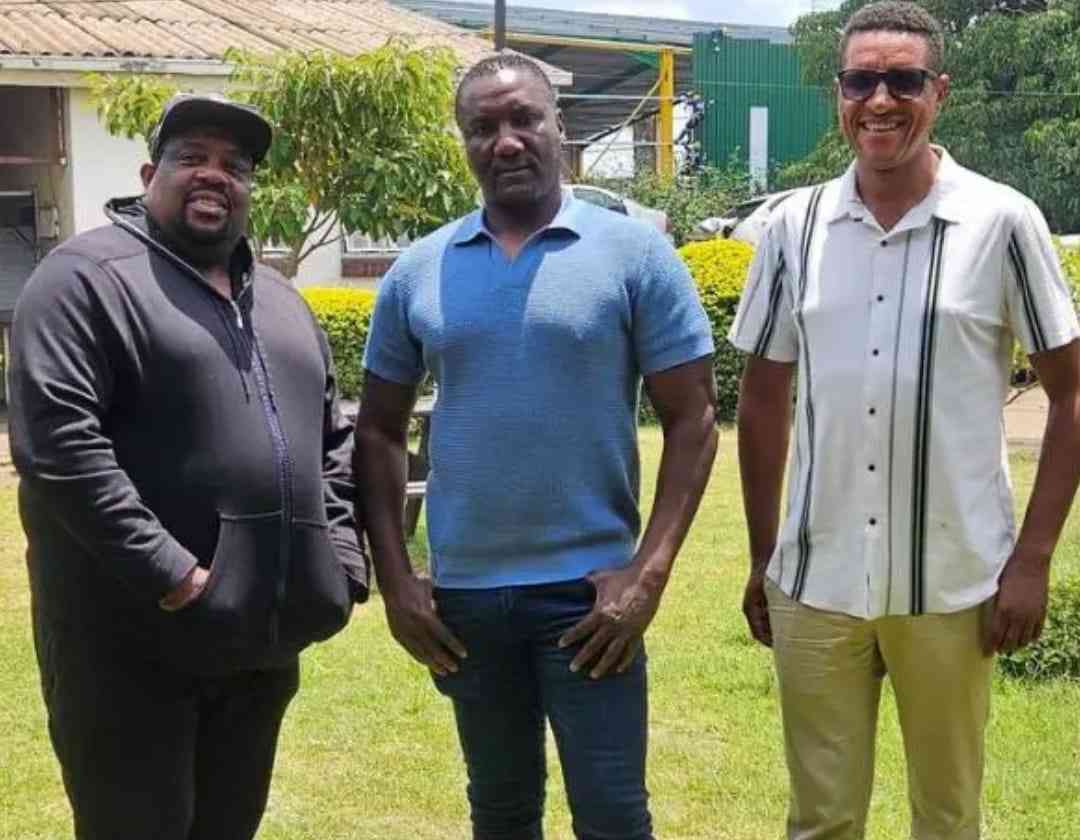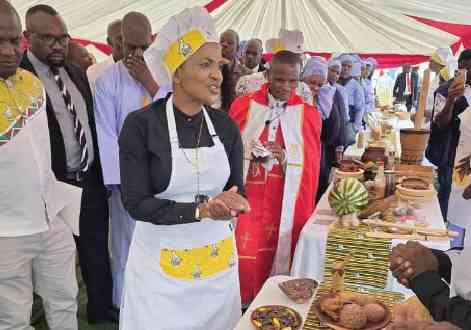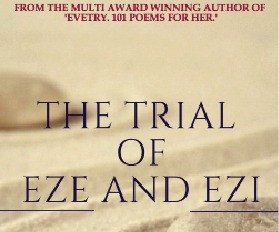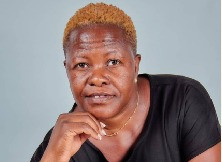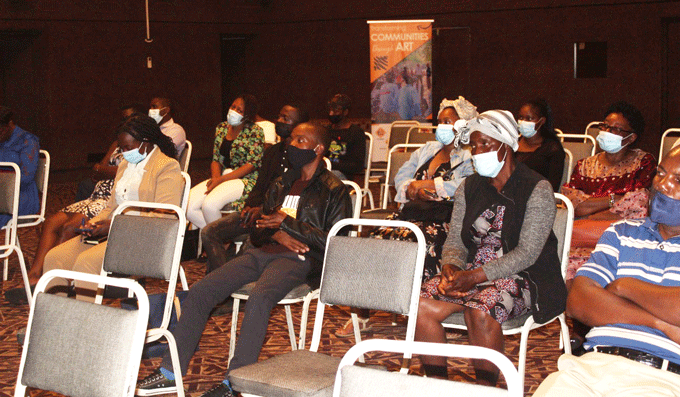
BY SHARON SIBINDI
Treat nature well and it will reward you a million times over, mistreat it and even hell will be a “great refuge” from the backlash: This is a lesson learnt after watching the documentary titled Chronicles of Cyclone Idai, which was launched by Savanna Trust last Wednesday.
Cyclone Idai was as a result of a tropical depression in March 2019 and it originated on the east coast of Mozambique. It swept through Mozambique, Zimbabwe and Malawi as a storm moving at above 105mph, which left a trail of destruction including loss of human lives and massive destruction in infrastructure and livestock, among others.
The documentary, Chronicles of Cyclone Idai, which aims to raise awareness on climate change is about victims of cyclone Idai in Chimanimani.
Two years after the tropical storm, the victims are still seen in the documentary struggling, living in torn tents and are complaining that still today, they haven’t received any donations.
Savanna Trust, through the funding from Friedrich Ebert Stiftung, has made efforts through a documentary to highlight the reality of the world people now live in, particularly in the context of climate change and how it interacts with everyone.
The launch, which was held in Harare, gathered momentum and was attended by Cyclone Idai victims from Chimanimani, climate change experts, scholars, community activists among others.
“That we have launched the documentary, we are happy,” Savanna Trust director Daniel Maposa told Standard Style.
- Chamisa under fire over US$120K donation
- Mavhunga puts DeMbare into Chibuku quarterfinals
- Pension funds bet on Cabora Bassa oilfields
- Councils defy govt fire tender directive
Keep Reading
“We got the comments from critical stakeholders who showed that we had really done well and we had told the story of what really happened in Chimanimani.
“So for us, it is a very interesting development that the stakeholders liked the documentary.
“There’s nothing as good as your art being appreciated and people honestly and whole heartedly relate to your piece of art.”
Maposa said he feels they have succeeded and feels the project will serve its purpose.
“So I think from our perspective, we feel happy that we succeeded of course there are certain issues that were raised from the comments and our idea is to improve on those comments before we roll it out to an international market,” he said.
“So with the power of the documentary and intensity of it, its one documentary we will like it to enter festivals, documentary festivals so that a lot of people get to see it.
“But also beyond the festivals, we would like to take the documentary in many platforms that deal with climate change around the world.
“We will be happy if that documentary can be taken up and be shown into places like Cop27.
“It should reach out to the international audience.”
Head of climate finance AECF and chairperson of Forestry Commission Veronica Jakarasi acknowledged the work being done by Savanna Trust, saying their story looks at issues happening on the ground.
“Chronicles of Cyclone Idai because they are close to my heart in-terms of creating the evidence that as climate change negotiators for Zimbabwe we need when we go to global forum to create a narrative on how impact on climate change has affected our people,” Jakarasi said.
“So it is those people at the grassroots that will be representing but sometimes we cannot represent them fully because we are not on the ground, so Savanna Trust has gone on behalf of us to tell the story on what is happening on the ground.
“Today [last Wednesday] we are launching the Chronicles of Cyclone Idai and I had the opportunity to watch the documentary before it was premiered.
“I find it very original and authentic in terms of what transpired.
“I said to Daniel, ‘did you go and take this documentary when the incident was still fresh’? He said ‘no it was last year’.
“This is two years after Cyclone Idai happened, but if you look at it, it still looks so original.”
Jakarasi said: “I really appreciate the work of Savanna Trust today for the awareness they are raising not only for the grassroots but also for the policy makers, for the civil society, for the private sector, for every person that is involved because climate change is a cross cutting issue it affects everyone.”

